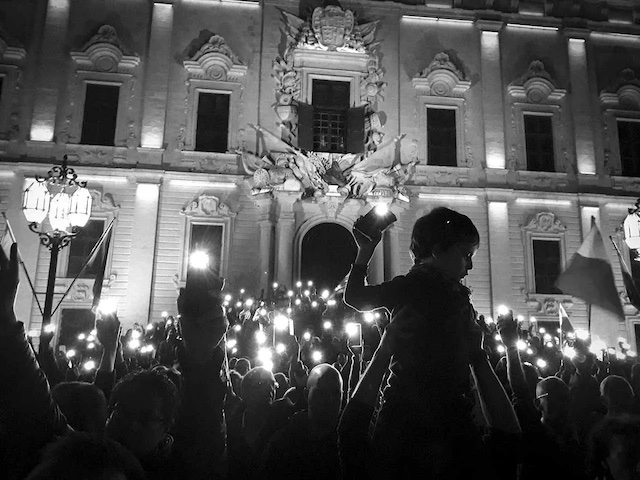Systemic failures persist two years after the public inquiry into Daphne's assassination
29 July 2023

On the second anniversary of the public inquiry into the assassination of Daphne Caruana Galizia, it is encouraging to see a unified call for a public inquiry to ensure State accountability and full justice for Jean Paul Sofia’s unnatural death. A public inquiry is the only way for the State to learn how to prevent future deaths, but if the lessons learned are to save the lives of others, the State must follow through with swift and holistic change.
The public inquiry into Daphne’s assassination is unprecedented, setting a standard for a full investigation into a journalist’s murder, but Malta has still not redressed the systemic failures that enabled Daphne’s contract killing. The Maltese State is obliged to overhaul its laws, institutions, and systems of decision-taking to ensure that no journalist is ever killed again. Yet, two years after receiving the final report of the public inquiry, the only recommendation the government has implemented is the setting up of a Committee of Experts to advise it on reforms.
The Committee’s terms of reference tasked it with reviewing legislation to protect journalism but constrained it to ignore half of the public inquiry’s recommendations. The government-drafted terms of reference excluded measures to address impunity, corruption and abuse of power from the Committee’s brief, even though efforts to protect journalism will fail without an equal effort to fight corruption and organised crime.
An enabling and safe environment for journalists can only exist if Malta’s legislative and administrative framework ends impunity for corruption and the abuse of power, but years after Daphne exposed the corruption that paved the way to her murder there are still no prosecutions for the corruption itself. In parliament, government MPs were instructed to reject the only legislative proposals that addressed corruption and organised crime, but the government itself has still not presented alternative proposals of its own.
Malta urgently needs extensive reforms if journalists are to work without fearing for their lives. Perpetuating the State failures that enabled Daphne Caruana Galizia’s assassination leaves other lives in danger. Unless those systemic failures are eliminated, it is only a matter of time before someone else is killed.
